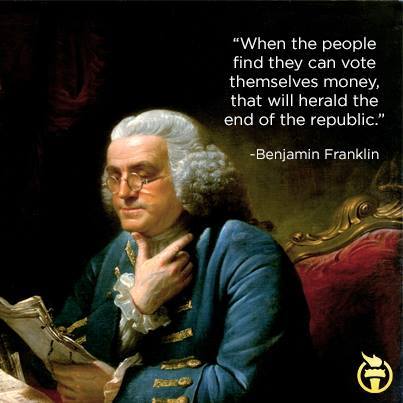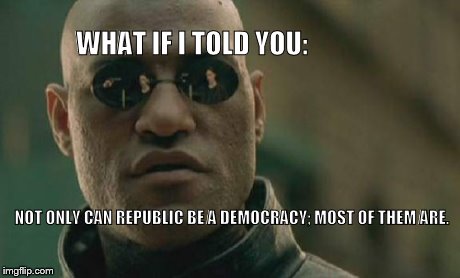BluesLegend
Diamond Member
Liberals believe an elite ruling class should rule and make decisions for the people, because the people are too stupid to make decisions and elect the right people e.g. liberals. Constrained by the Constitution they work to undermine it, packing the courts with activists who 'interpret' the Constitution e.g. twist its meaning to suit the liberal agenda.



